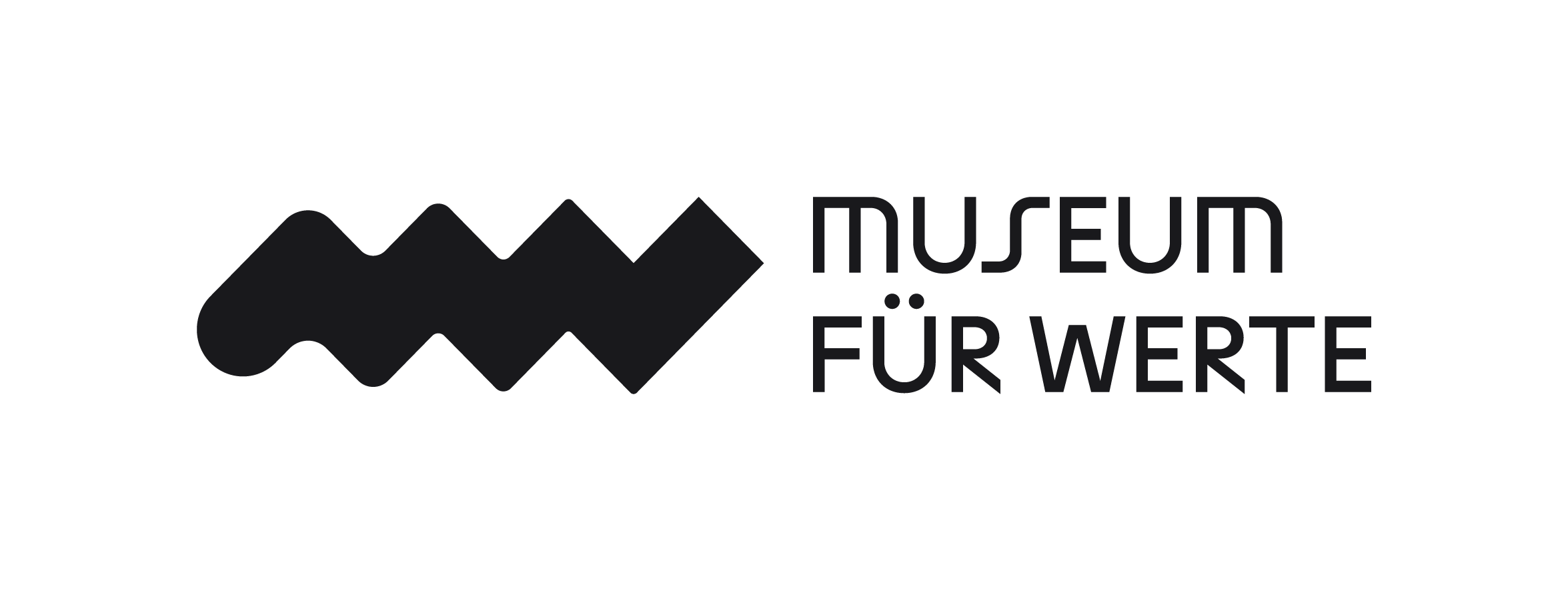Dimitri Hegemann: A Dialogue about Freedom and the Birth of Berlin's Techno Culture
Imagine arriving as a young person in 1978 in a divided city whose wounds are still clearly visible. That was precisely the experience of Dimitri Hegemann, the later founder of the legendary Tresor Club. In conversation with the young journalist Clara, he tells the incredible story of how Berlin's unique freedom became the birthplace of a global culture.
Link to the podcast .
From country bumpkin to space explorer
"I was such a country bumpkin, such a village dropout," Hegemann recalls. His journey from a village of 700 people to vibrant, yet scarred, West Berlin laid the foundation for everything that followed. The bullet-riddled facades, the vast, empty backyards – these urban landscapes fascinated him. "I think that's where the foundation was laid for me to become a spatial explorer."
Berlin was different. It was a place that embraced tolerance and brought together people who wanted to experiment. "The city was very tolerant of me," he says. This climate was the breeding ground for bands like Einstürzende Neubauten, who redefined what music could be. "Noise was suddenly music," he recalls.
The Big Bang: The Safe and the Freedom of the Post-Reunification Era
The fall of the Berlin Wall in 1989 was the ultimate catalyst. It created a vacuum, a moment of almost total anarchy and unlimited possibilities. In this historic moment, Hegemann discovered an old bank vault beneath an abandoned department store at Potsdamer Platz. He founded Tresor, a club that would become the epicenter of techno culture.
"That was unimaginable. In other cities like London or Paris, such spaces were unaffordable. But here I could do it," he explains. This freedom to conquer unused spaces and fill them with life was key. The Tresor became a symbol of the unification of East and West on the dance floor.
The legacy: From subculture to the "nighttime economy"
What began as a subculture had a massive impact. Berlin's club culture became an economic force worth €1.45 billion annually. It created thousands of jobs and attracted a new generation of creatives and tourists from all over the world. It lastingly shaped Berlin's image as an open, tolerant, and free metropolis.
The door as symbol and mission
Hegemann brought a piece of the original safe door with him to the discussion. For him, it's more than just a relic. It's "a symbol and a call to action for decision-makers: Open the doors, open the spaces for young people. Allow something, and then something will happen."
The mission today: Exporting freedom
This credo continues to drive Dimitri Hegemann to this day. His mission is to spread Berlin's model of open spaces to other regions. With his organization "Happy Locals," he advises communities on how to retain young people and revitalize their communities through cultural spaces.
"Let's build many subcultural cells in the country," is his vision. "The movers and shakers are already here. We just need to wake them up." Through an academy for cultural workers and consulting for cities, he ensures that the next generation of innovators has the chance to shape their own version of freedom.




